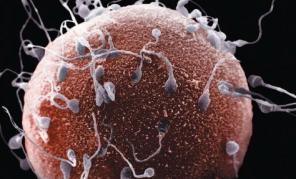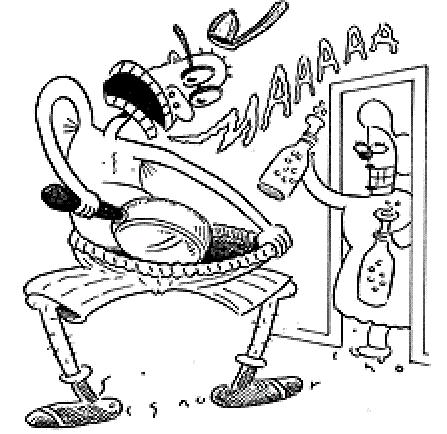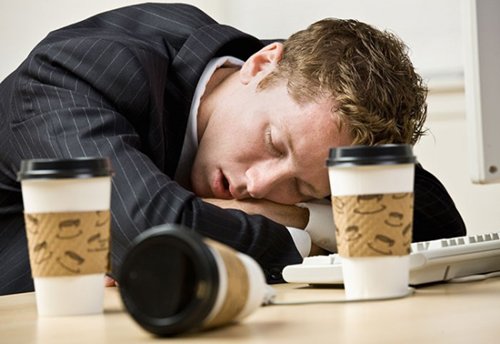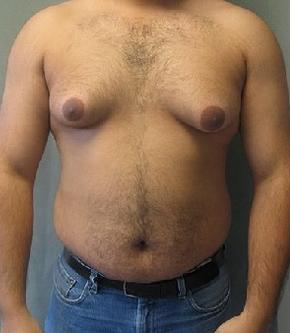LOW TESTOSTERONE SYMPTOMS
Testosterone: The secret to Male Virility
Testosterone is the most essential sex hormone which males are privy of. This particular hormone is imperative in many fundamental physiological characteristics like bone formation, muscle building and fat metabolism. It is also the most basic building block of male sexual health, drive and reproduction.
Starting from the development of male reproductive tissues, the testis and prostate, testosterone also aids in maintaining a healthy libido throughout a man’s life since puberty. This hormone impacts the psychological aspects of a man as well. Confidence, the desire to compete, the willingness to take up challenges, all these psycho-sexual factors are also induced by a robust supply of bodily testosterone. No wonder, a lack of this wonder hormone can deal a severe blow to man’s health and life.
Low Testosterone: A growing concern
For a healthy adult male at the prime of his physical and sexual health, the range of testosterone is supposed to roughly lie between 300 to 1000 nanograms per deciliter (ng/dL). But over the years a sedentary lifestyle and factors such as erratic eating habits, enormous mental stress and pressure, long office hours are coming together and creating a compounded ill effect which is slowly decreasing the level of testosterone. Studies have shown that for a certain age group, the average testosterone level was 423 ng/dL at 2003, whereas it was 503 ng/dL at 1988, only 15 years prior. This seemingly small change is ample enough to disrupt from sexual health to psychological well being to physical nourishment. Hence it becomes crucial to learn about the low testosterone symptoms and identify them at their onset.

Low Testosterone: How to be aware
A fall in the normal level of testosterone in men can manifest into the following low testosterone symptoms:
1. Low Sex Drive
Unsurprisingly, when the force behind the male sex drive dips below the normal, you experience a decline in your desire to have sex. Furthermore, low sex drive also reduces the ability of having satisfying sex. These factors often easily combine together and start a vicious cycle where low sex drive results in lackluster sex and bad sex in turn decreases the libido furthermore. A lack of libido, not wanting to have intercourse, is also one of the primary accompanying low testosterone symptoms for erectile dysfunction. A staggering 33% of men having erectile dysfunction are also known to have lack of testosterone.
2. Difficult Erections
One of the very first things to check when you are failing to “keep it up” is the levels of Testosterone that you have. Testosterone not only drives the sexual desire, it also helps in achieving erection by triggering certain receptors in the brain and stimulating them to produce more nitric oxide. An imbalance of nitric oxide can lead to difficulty achieving erections prior to sex or lead to spontaneous erections in sleep. Thus difficult, soft or hard to maintain erections are also indicative of low T levels. Lack of penile sensitivity and lack of sexual pleasure while undergoing sexual stimulus or erectile motions should also be considered as warning signs.
3. Shrinkage and Genital Numbness
Low testosterone levels can cause testicles to shrink and feel softer. Naturally produced testosterone is crucial for the development of the testicles and also of the male genetilia. When the body is secreting lesser amounts of testosterone, the Leydig Cells (which produce testosterone) works below required capacity. This leads to a sort of hibernation and eventual shrinkage in volume. Penile numbness (even if partial) is also a potent indication of low testosterone. Patients with low testosterone often complain that any amount of sexual touch to the penis or scrotum is not inducing enough sexual stimulation.
4. Low Semen Volume
Testosterone also plays a role in the amount of semen a man produces daily. Level of this particular hormone is almost 50 times higher in the testis than in the blood. Along with FSH (Follicle Stimulating Hormone) & LH (Luteinizing Hormone), testosterone facilitates the production of sperm cells. Low levels of testosterone thus directly results to low semen volume. While normal ejaculatory volume varies from 1.5 to 5 cc for a healthy adult male, a noticeable decrease in this volume certainly points to a fall in testosterone. A definite loss in the density of seminal fluid is also associated with a decrease in testosterone.
5. Fatigue
Another common symptom for low testosterone is fatigue and the feeling of lethargy. Agility, strength, alertness are all physical qualities that depend upon the hormonal balance in a male body. Males suffering from low testosterone often complain of losing the feeling of drive and initiative. If you are experiencing low energy levels, a nagging feel of exhaustion despite a regular diet and proper rest, you might be experiencing a dip in normal testosterone levels. Often males suffering from fatigue and lack of energy due to low testosterone have been wrongly treated for clinical depression leading to further complications.
6. Osteoporosis
While osteoporosis, or loss of bone mass, is a problem more frequently reported in women, men can also be susceptible to it. Testosterone plays an important part in the production of bone cells by increasing the bone density and if it is deficient, new bone cells are not generated. This leads to weaker bones that are more brittle and porous and thus far more prone to fracture. Shockingly, almost 2 million American men are suffering from male osteoporosis and lack of sufficient levels of testosterone is one of the major reasons behind this scenario.
7. Loss of Muscle Mass
Testosterone pretty much maintains what we think of as the ideal male body that is muscular and strong. This hormone plays a big role in generating connective tissue and builds and strengthens muscle mass in men. The integrity of male muscle structure is constantly supported by a steady supply of testosterone. A decreased level of testosterone is evident in a sudden loss of muscles, especially in the arms, legs and chest, and therefore a cumulative loss in weight. Men with low testosterone can find it difficult to build or rebuild muscles through weight training in spite of maintain a healthy sleep cycle and a nutritious dietary intake.
8. Increase in Body Fat
Testosterone plays a major role in defining the conventional male body and a decrease leads to loss of lean muscle while leading to accumulation of body fat, mostly in the chest and waist regions. It is usual for testosterone to convert to estrogen, the female hormone, as you age due to the aromatase reaction. But it also can occur due to certain imbalances at any age. As aromatase is found more prevalently in fat cells, especially in the midsection, increase in body mass can also facilitate further decrease in testosterone levels, leading to a destructive cycle. Thus sudden weight gain is almost always an indication of imbalance in T levels.
9. Hair Loss
Testosterone aids in facial and body hair growth and low levels of it can lead to hair loss. Men often experience a sudden balding and loss of body and facial hair. When testosterone level is low, hair doesn’t grow as fast and men may find it difficult to maintain a beard. If you are suddenly suffering from an alarming rate of hair fall, it might be wise to check up on your levels of testosterone.
10. Mood Changes
Hormones control much of the psychosomatic functioning of the human body and any imbalance manifests as disorders of physical and emotional energies. Low testosterone leads to severe irritability, depression and mood swings. These low testosterone symptoms are in particular harder to assuage and attributed to a definite cause. Often you can find it more difficult to concentrate or focus on your work when you are suffering from low testosterone. These low testosterone symptoms can also take a toll on your relationships as you are more likely to subject them to irrational bouts of grouchiness before realizing it yourself. Instead of ignoring these subtle changes, be sure to measure your T levels first.
11. Gynecomastia (development of male breasts)
One of the more alarming low testosterone symptoms is when males develop fatty breasts. This condition, known as Gynecomastia, occurs when there is a prevalence of estrogen rather than testosterone in the body. Thus appearance of Gynecomastia is evident of dwindling levels of testosterone.
12. Skewed ratio of Good/Bad Cholesterol
HDL is considered as good cholesterol while LDL is considered to be harmful. It has been often observed that a low T level is accompanied with a skewed HDL/LDL ratio where the LDL level is significantly higher than the HDL. If you have a bad case of cholesterol, be sure to take notice of your Testosterone levels.
Conclusion
Testosterone is key to a man’s health. Any kind of a detrimental effect to T levels can have serious implications to a man’s sexual, physical and emotional health. From maintaining a robust sexual urge to attaining a physique capable of peak performance, testosterone is absolutely essential. It is also becoming increasingly difficult in this day and age where lack of a balanced diet or detoxification is leading to reduced testosterone.
While testosterone replacement therapies (TRT) or medications are available to treat such a scenario, both of these can lead to further complications and heavy side effects. Influx of foreign chemicals in our bodies is never good. Nor are these methods cost effective or hassle free.
While faced with such a dilemma, it is wise to remember that prevention is always better than cure. Be on the lookout for the symptoms that might be indicative of low testosterone level. Choose wholesome natural remedies to counter the ill effects of our life style choices and soon you will regaining your virility in no time.















